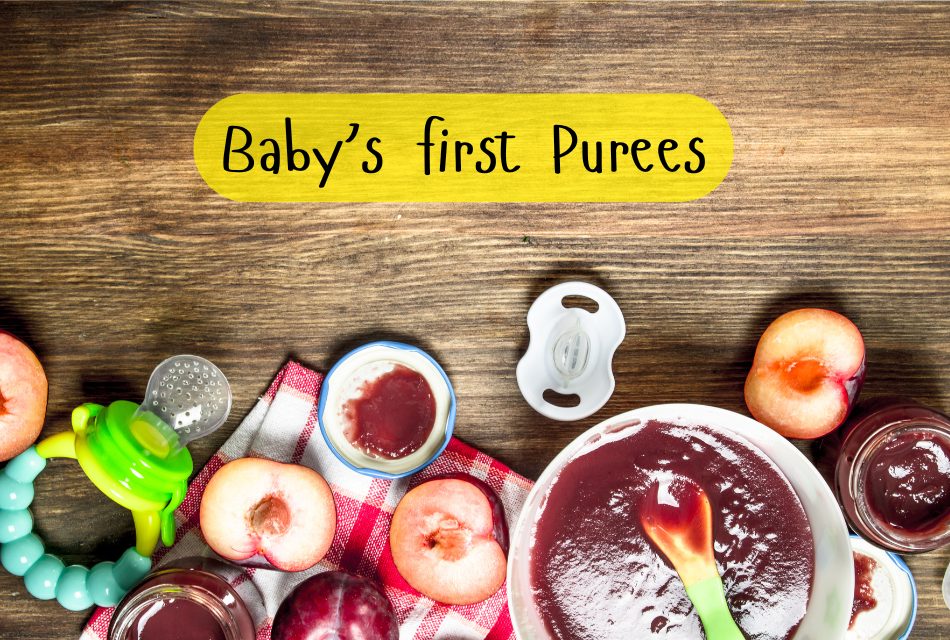
If you’re choosing to introduce your baby first purees rather than finger foods, this article is for you! However, it’s also helpful for all parents, whether you’re starting with purees or exploring other feeding methods. If you’re unsure where to begin, these purees provide a perfect, nutritious, and smooth transition to solids. It can sometimes feel overwhelming deciding what to offer first, but that’s why I’m here to guide you!
In this article, I’ll share 10 of the best baby first purees to get your baby started on their food adventure. These purees are not only easy to make but also nutritious and safe for your baby’s delicate digestive system. Plus, I’ll guide you through the preparation methods, nutritional benefits, and storage tips. Let’s dive in!
Top 10 Baby First Purees to Introduce to Your Baby’s Diet
For more guidance on the best first foods, you might find my articles on First Veggies for Babies and First Fruits for Babies helpful.
1. Pureed Carrot and Sweet Potato
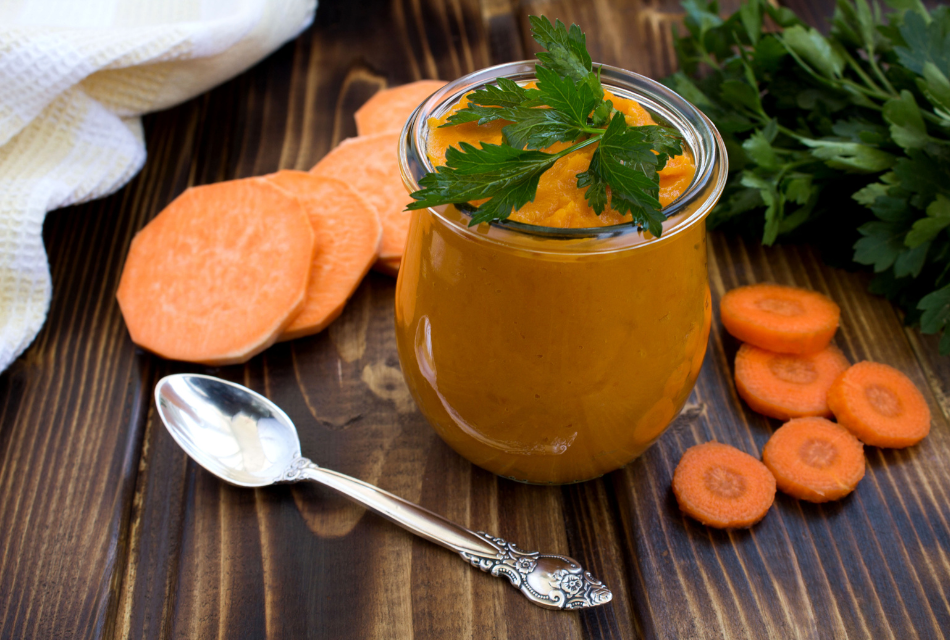
Carrots and sweet potatoes are both packed with vitamins A and C, which are crucial for your baby’s eye health and immune system. The natural sweetness of these vegetables makes them a hit with babies. To prepare, simply steam the carrots and sweet potatoes until soft, then blend them together until smooth. You can add a little breast milk or formula to adjust the consistency.
Nutritional Benefits:
- High in vitamin A for healthy eyes and skin.
- Packed with fiber for digestive health.
- Rich in antioxidants that support immunity.
2. Avocado Mash
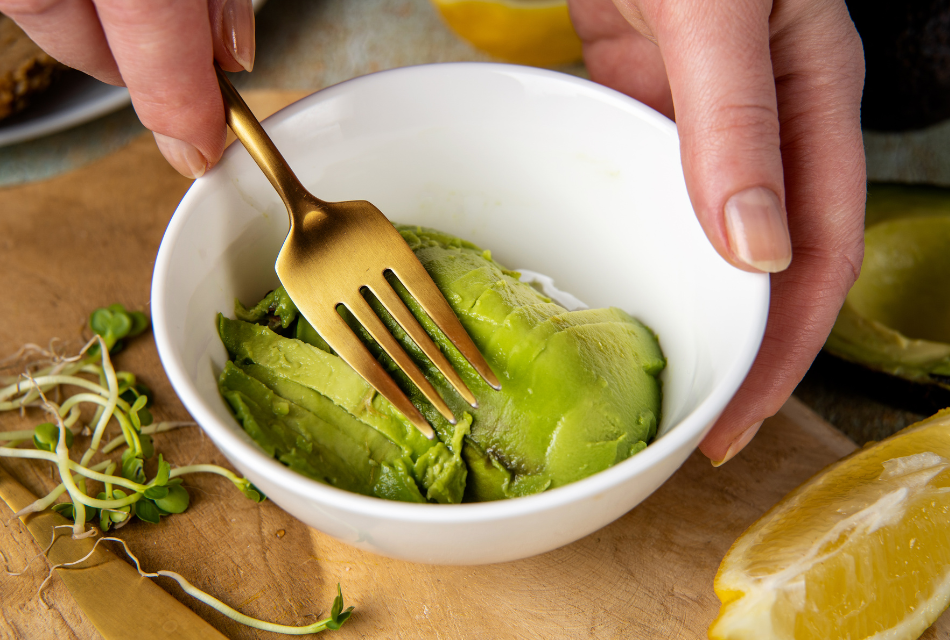
Avocados are a superfood and a fantastic first food for babies. They are full of healthy fats that support brain development and are easy on your baby’s tummy. To make this puree, just mash a ripe avocado until smooth. It’s a great choice for babies starting solids because it requires minimal prep and is naturally creamy.
Nutritional Benefits:
- Loaded with healthy fats for brain development.
- Full of vitamins E and C for skin and immune health.
- Contains fiber that supports digestion.
3. Apple and Pear Puree
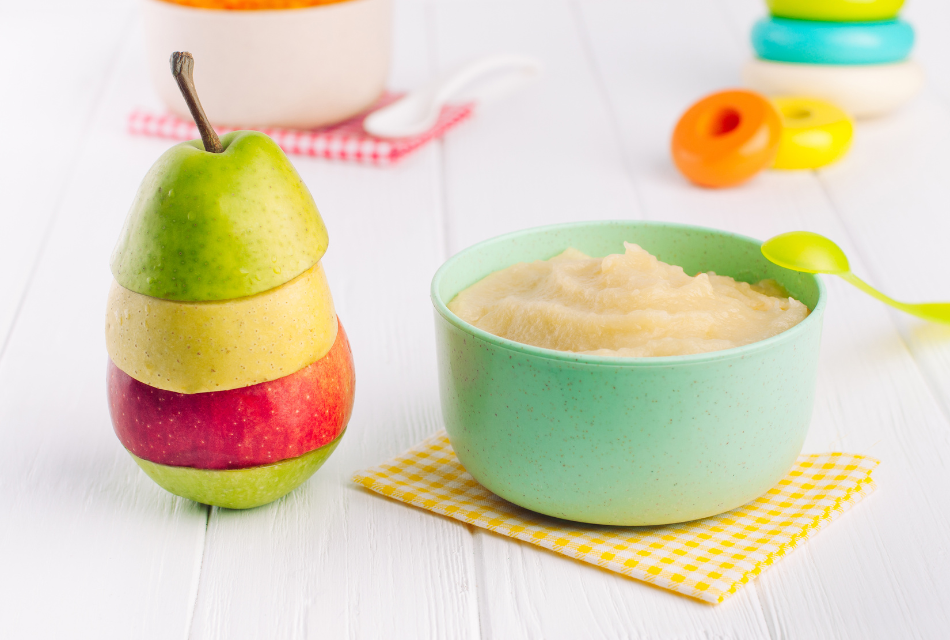
This sweet and mild puree is perfect for babies starting solids. Apples and pears are gentle on the stomach and provide a naturally sweet flavor that most babies love. To prepare, steam or cook the apples and pears until soft, then blend them until smooth.
Nutritional Benefits:
- High in fiber for healthy digestion.
- Packed with vitamin C for immunity.
- Mild and easy to digest for sensitive tummies.
4. Pumpkin Puree
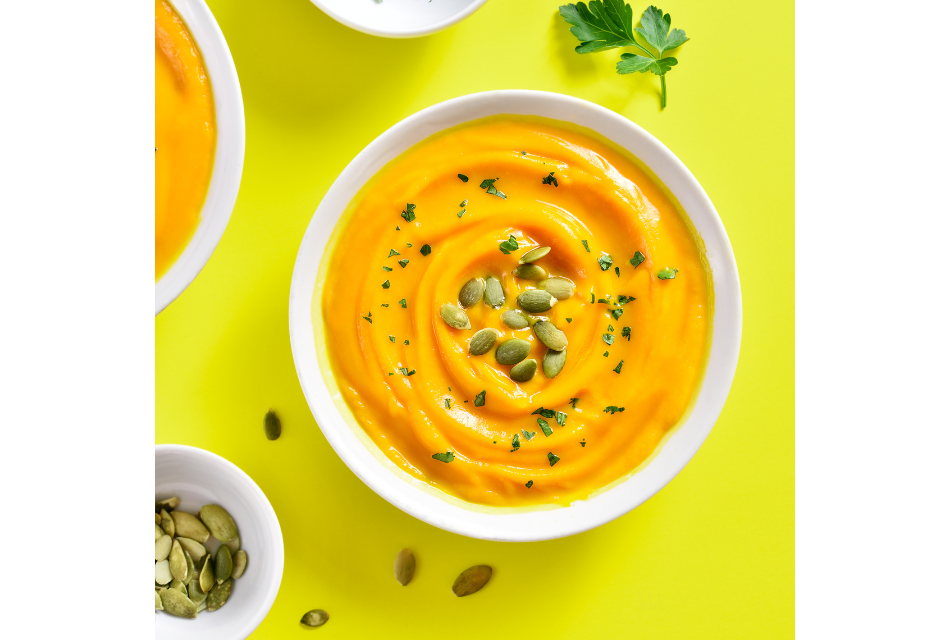
Pumpkin is a wonderful first food because it’s rich in nutrients and easy to digest. To make pumpkin puree, steam or bake the pumpkin until soft, then blend it until smooth. It has a naturally creamy texture, making it perfect for babies just starting on solids.
Nutritional Benefits:
- High in vitamin A, promoting good vision.
- Contains antioxidants that help fight inflammation.
- Rich in fiber, supporting digestive health.
5. Pea Puree
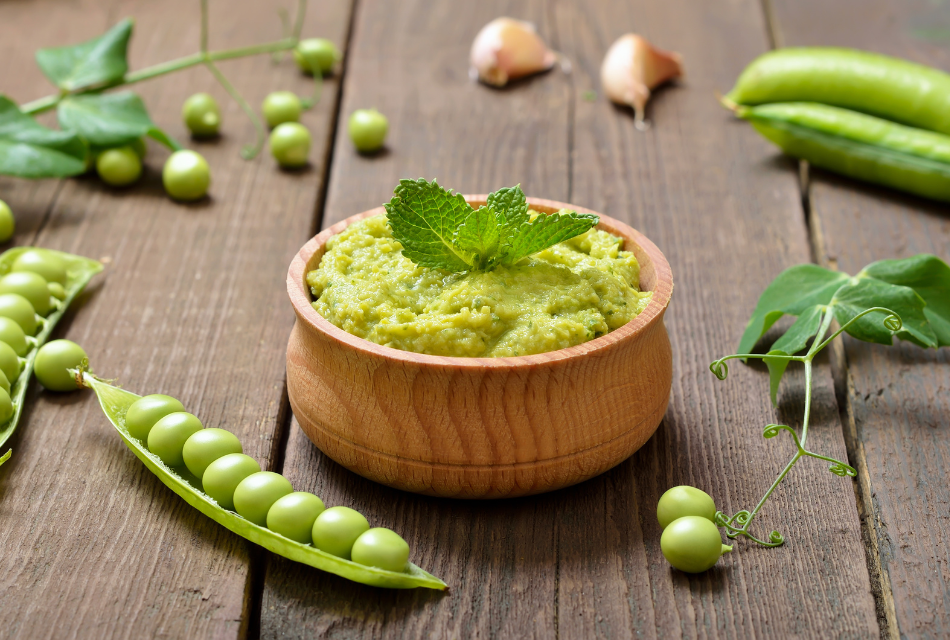
Peas are an excellent source of plant-based protein and fiber. This puree is simple to prepare by steaming fresh or frozen peas and then blending them until smooth. It’s a great choice for introducing vegetables to your baby’s diet.
Nutritional Benefits:
- High in protein for growth and development.
- Rich in fiber for digestive health.
- Packed with vitamins A, C, and K for overall health.
6. Banana Puree
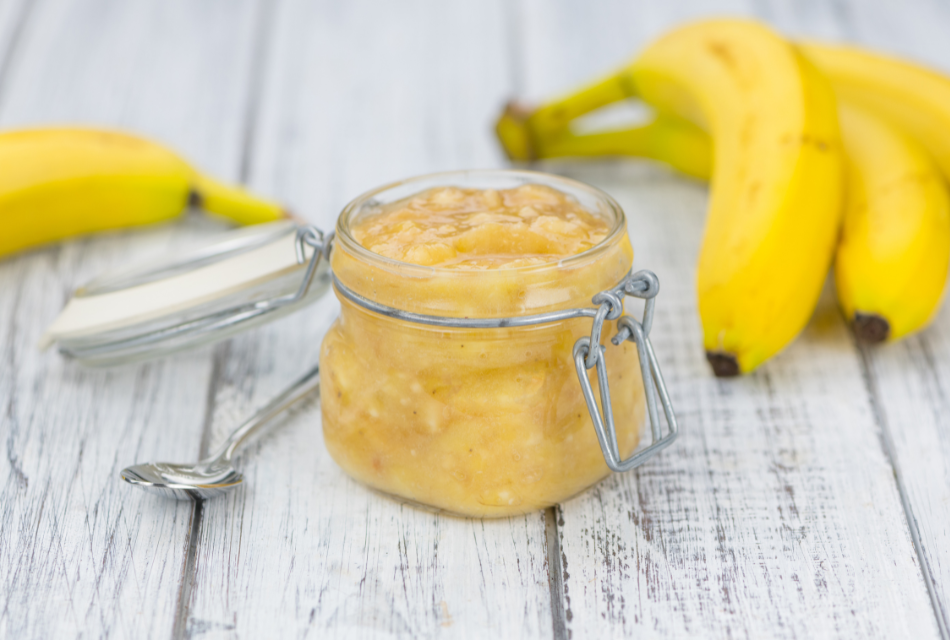
Bananas are one of the easiest and quickest foods to prepare for babies. Simply peel and mash a ripe banana until smooth, and it’s ready to serve. This puree is naturally sweet, making it an ideal first food.
Nutritional Benefits:
- High in potassium, which supports heart health.
- Easy to digest, making it perfect for babies’ tummies.
- Contains vitamins B6 and C for energy and immune support.
7. Zucchini and Potato Puree
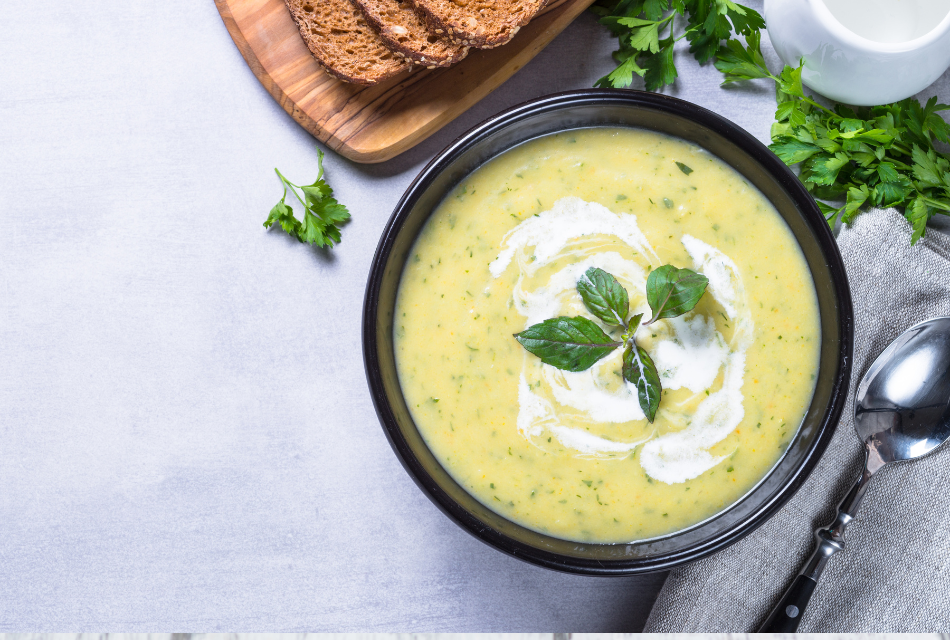
Zucchini and potatoes are mild vegetables that work well together in a puree. Simply steam the zucchini and potatoes until tender, then blend until smooth. This puree is a great option for introducing both vegetables and carbs to your baby’s diet.
Nutritional Benefits:
- Zucchini provides vitamin C and antioxidants.
- Potatoes are rich in vitamin B6 and potassium.
- A balanced meal with carbs, fiber, and vitamins.
8. Simple Carrot Puree
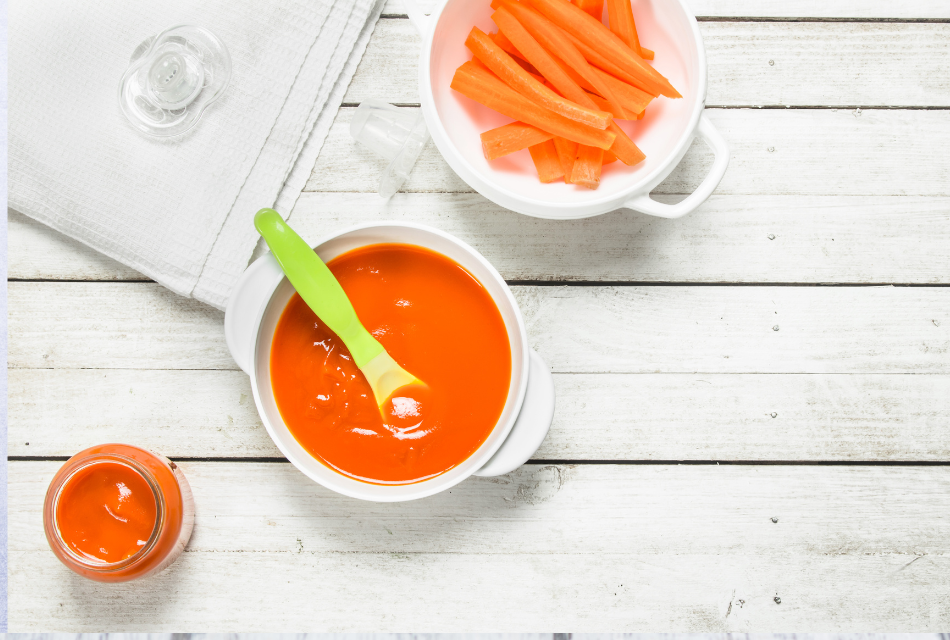
Carrots are rich in beta-carotene, which is important for your baby’s eye health. To make carrot puree, steam carrots until soft, then blend until smooth. You can add a little water or breast milk to adjust the consistency.
Nutritional Benefits:
- High in vitamin A for eye health.
- Rich in fiber to support digestion.
- Naturally sweet, making it easy for babies to enjoy.
9. Sweet Potato and Apple Mash
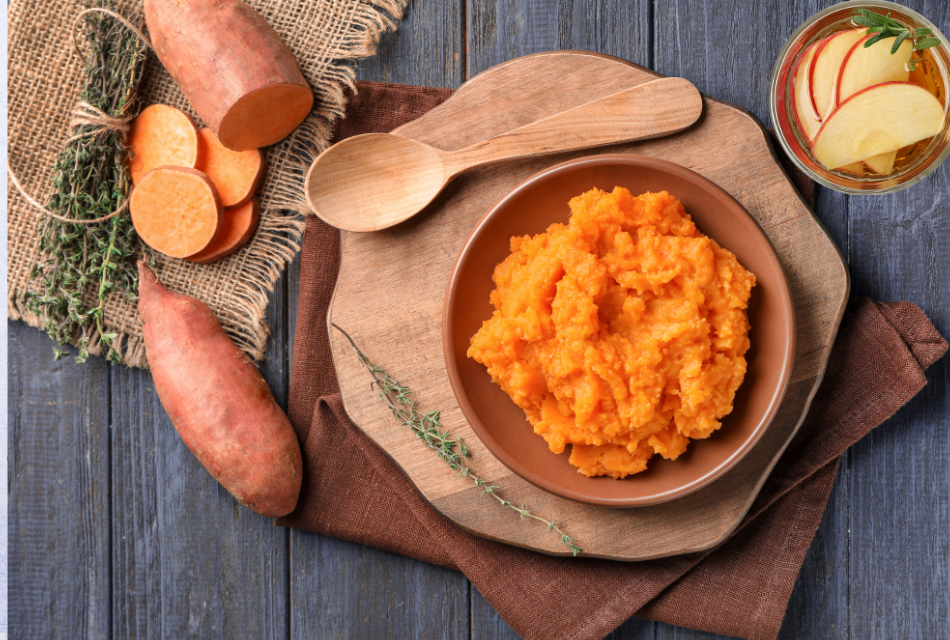
Sweet potatoes and apples make a wonderful combination of sweet and savory. The fiber from sweet potatoes combined with the natural sweetness of apples makes this puree a hit with babies. To make it, simply steam the sweet potatoes and apples, then mash or blend until smooth.
Nutritional Benefits:
- Packed with vitamins A and C.
- Full of fiber to promote digestive health.
- Naturally sweet, making it a baby favorite.
10. Rice Cereal with Breast Milk or Formula
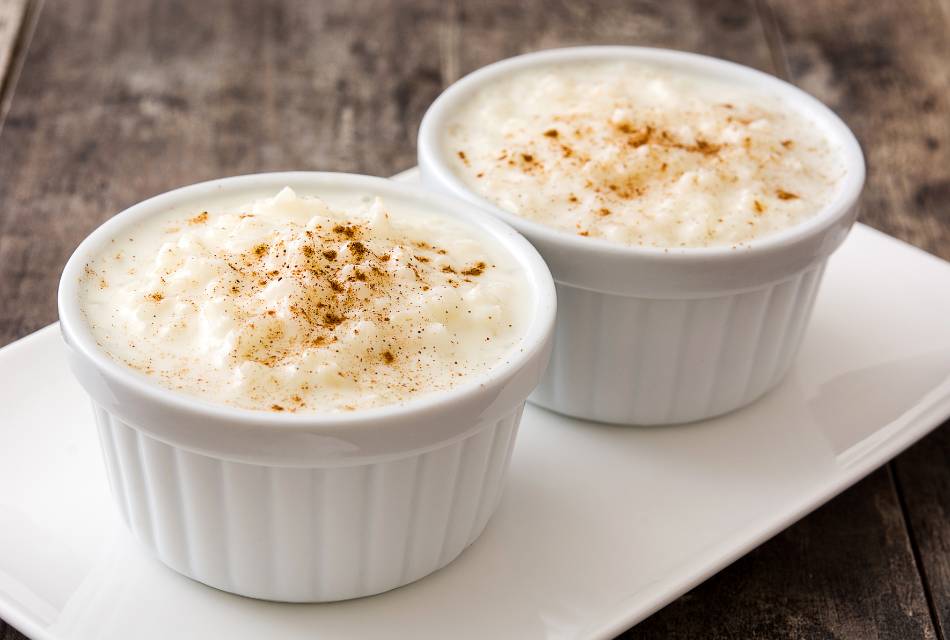
Rice cereal is often one of the first foods introduced to babies. It’s mild, easy to digest, and can be made into a smooth puree by mixing with breast milk or formula. This is a great base for introducing new flavors, such as pureed fruits or vegetables.
Nutritional Benefits:
- Easy to digest for babies’ sensitive tummies.
- Provides iron and essential nutrients for early growth.
- Can be customized with various fruits and veggies for added nutrition.
How to Prepare Baby First Purees
When making your baby’s first purees, simplicity is key. Always choose fresh, organic produce when possible and ensure you’re cooking the foods until they’re soft enough for easy blending. Most first purees should be smooth in texture, though you can gradually introduce more texture as your baby gets older. Remember to avoid adding salt, sugar, or spices to purees—babies’ taste buds are sensitive, and it’s best to keep the flavors natural.
Tips for Storing Baby Purees
Baby purees can be stored in the refrigerator for up to 2-3 days. If you’re preparing ahead of time, freeze the purees in ice cube trays or small containers for up to 3 months. Be sure to label the containers with the date and type of puree for easy identification. Always reheat purees to a safe temperature, and never store leftovers from a previously heated meal.
The Nutritional Benefits of Baby First Purees for Growth and Development
Introducing a variety of purees to your baby helps ensure they get a wide range of nutrients essential for growth and development. Purees made from fruits and vegetables are a great source of vitamins, fiber, and antioxidants, while those made from grains or proteins provide additional energy and growth-supporting nutrients. Starting with nutrient-dense foods gives your baby a solid foundation for a healthy diet.
FAQ About Baby First Purees
1. When should I start feeding my baby purees?
Most babies start eating solids around 6 months, but always check with your pediatrician to determine the right time for your baby.
2. Can I make baby purees in advance?
Yes! You can prepare and freeze baby purees for convenience. Just make sure to store them in airtight containers.
3. How do I know if my baby is ready for purees?
Signs that your baby is ready for solids include sitting up with support, showing interest in food, and being able to swallow purees without pushing them out with their tongue.
4. How do I know which purees to start with?
Start with mild, easy-to-digest foods like avocado, apples, and sweet potatoes. These are gentle on your baby’s stomach and unlikely to cause allergies.
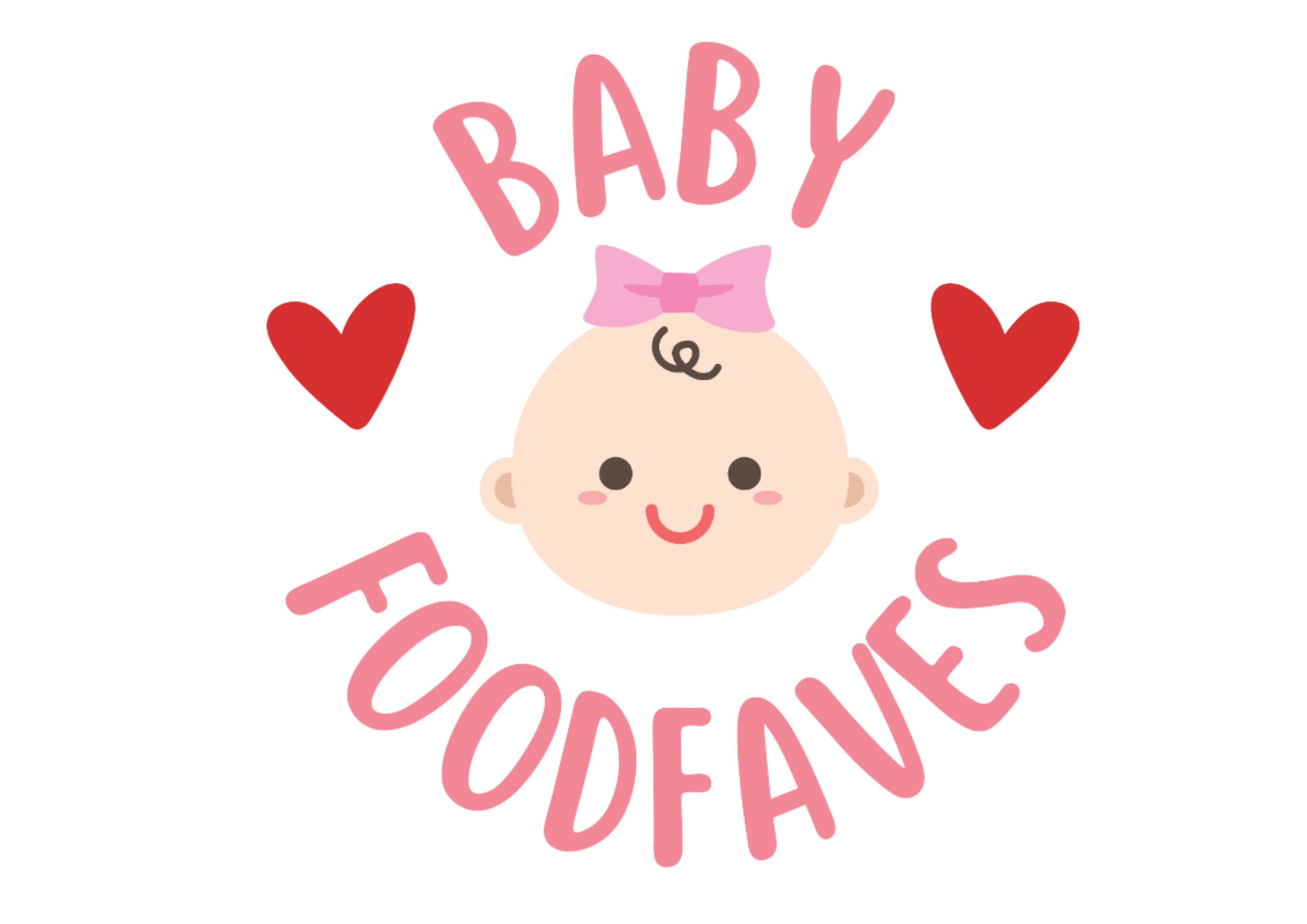


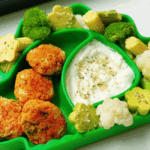
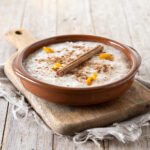

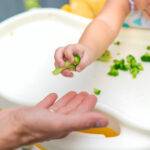



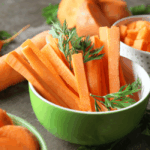


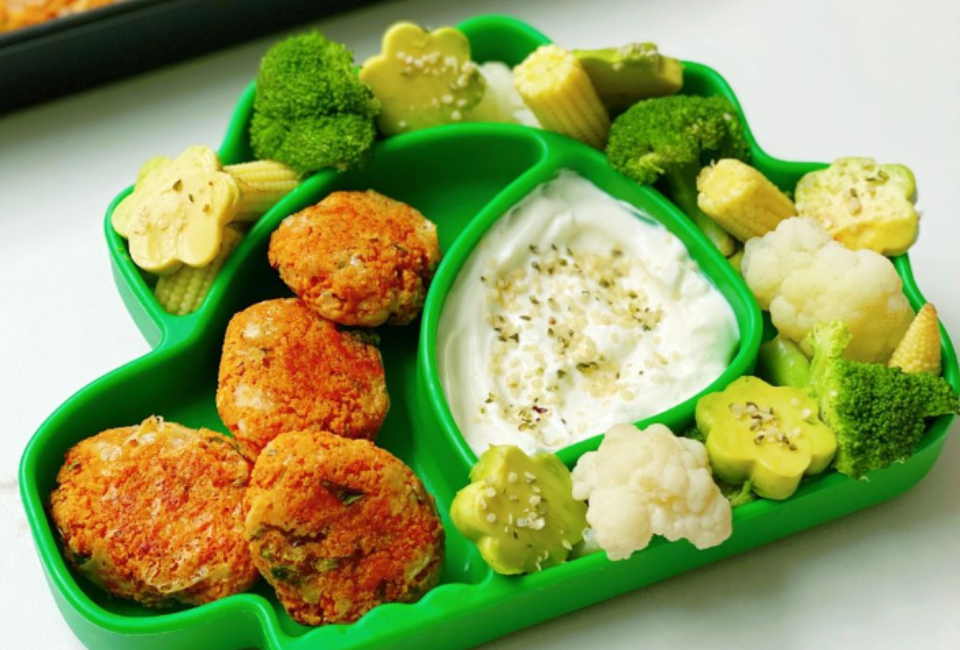
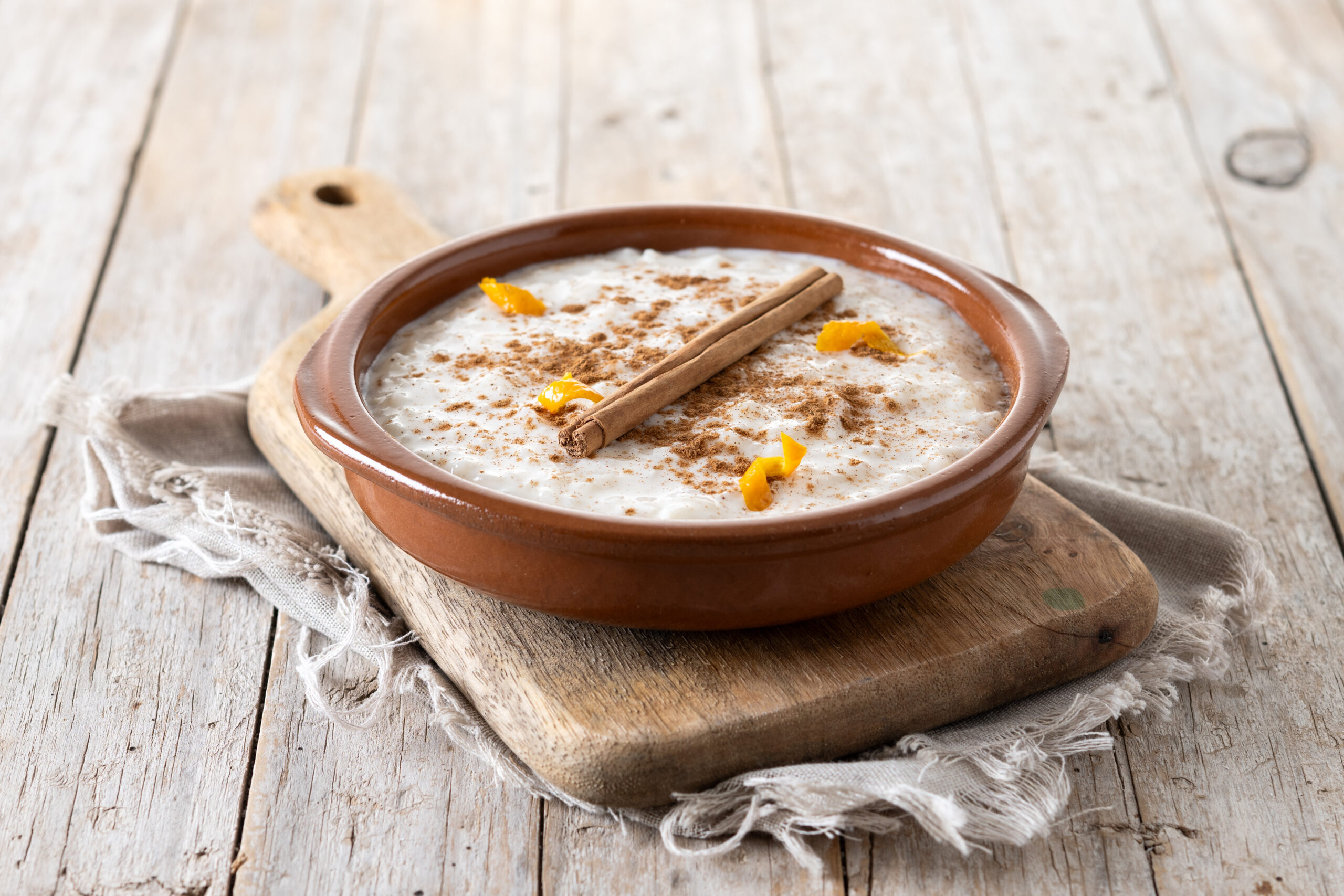
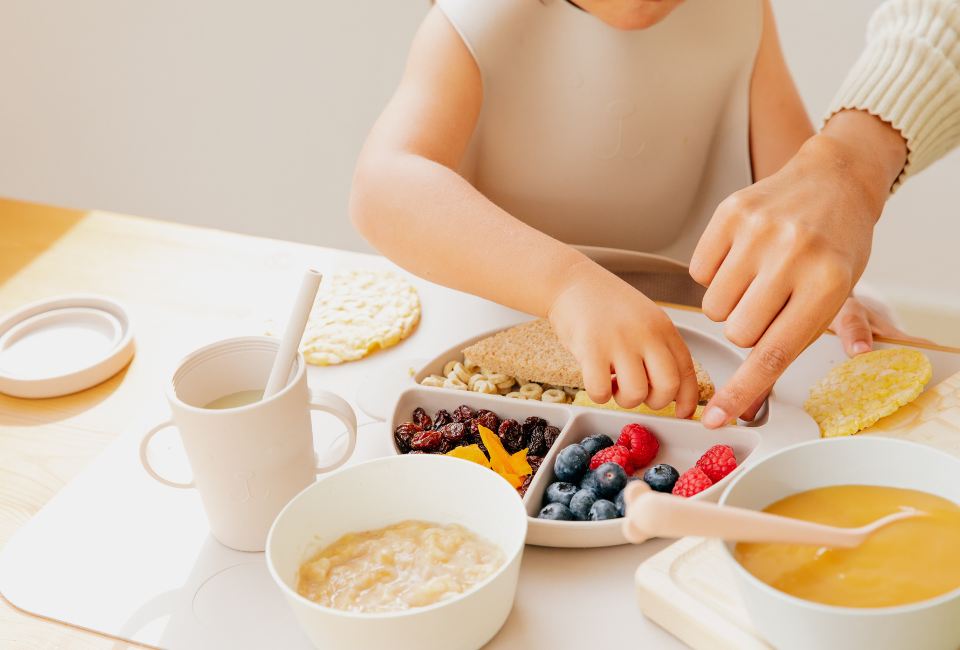
Leave a Reply